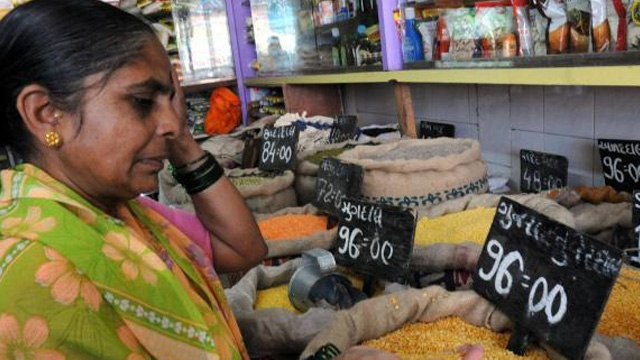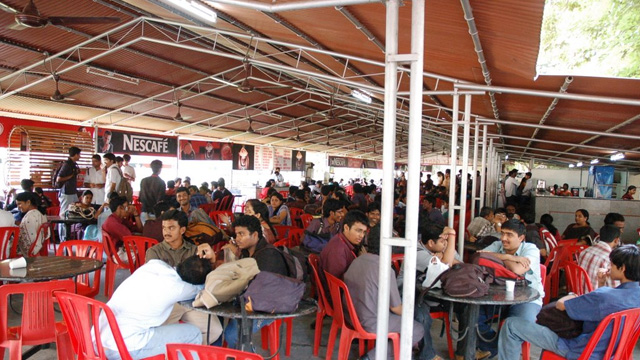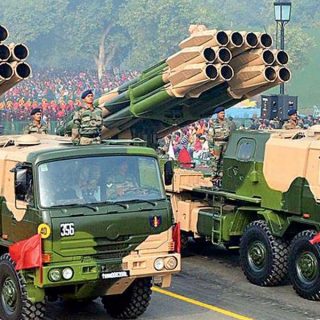The Reserve Bank of India must stay determined on growth, instead of being abstracted by inflation, which stays obstinately untamed and needs government attention
The Reserve Bank of India must stay determined on growth, instead of being abstracted by inflation, which stays obstinately untamed. The government needs to pull up its socks to control inflation, and few necessary steps involve larger, instead of restrained, investment, calling for accommodative financial plan.
Inflation in September has twisted out to be slightly higher compared to the last month. Most people wind up from this that the RBI has now no space to lessen its policy rates. The end is unpleasant, pun intended. A disaggregated analysis of prices would direct to a changed end.
Wholesale prices for manufactured goods increased by only 2 percent in September, fuel and power rose by 10 percent, primary articles shot up by 13.6 percent, with food articles witnessing their prices rise by 18.4 percent. The price of rice shot up 18.8 percent, prices of vegetables climbed 89.4 percent. This has been the blueprint in the current past also.
Fuel rates increased since diesel prices are being weaned off subsidy, although in homoeopathic dose pattern, and all fuels echo the consequence of rupee decline, some 15 percent since September 2012. So, the price rise we are witnessing at present is not actually the tattletale symbol of an overheating economy that requires to be soaked in coolant.
Growth, indeed, has been sluggish. The alternative is to develop more rapidly, predominantly by investing in things that would improve the production of milk, meat, fish, eggs and poultry and put up cold chains that would let more fruit and vegetables to be transported from rural areas to far-off consuming centres without turning into manure on the way.
Think of the option of constricting demand out of milk and eggs. Who in particular are generating this new demand for protein foods in surplus of the speed at which supply is growing?
Who would be consuming all these fresh loads of eggs, meat, milk, fish, fruit and vegetables now in demand? Obviously not Aditya Birla.
Why is Birla innocent in the country’s new huge craving for meat, eggs and milk? As he is wealthy enough already to eat anything he desires. People like him do not add to their demand for fresh fruit and cream when their returns increase by an incremental crore. Instead, it is the crowd that has been lately freed from the grasps of wrenching poverty who are gulping better foods as never in the past.
As rural actual income increased for seven years in a line and the arrangement of employment alters to pull down the share of the labour force still ensnared in agriculture below 50 percent — this historic incident took place in 2011 — and the on the whole output of labour rises — that is the obverse of less people combination the labour force in an emergent economy — it is predictable that the demand for better foods would increase, as more people make their diet more varied.
We must be rejoicing this capability of an increasing ratio of the population to afford better foods, not compressing their demand out of the system with unkind financial policy. The correct reply is to boost the supply of food ever more and invest in the logistical and marketing infrastructure, both to let the inducement of better prices to sift through to the farmer and to transport fresh products to consuming centres swiftly.
This would call for modifying the Agricultural Produce Marketing Committee Act to let off perishables from its range.
What about the price of rice increasing by almost a fifth when the government has millions of tonnes of the grain in stockpile? The minister and the secretary for food require to be inspected to find if they have something similar to a brain in their head and something rigid down their backside.
For terror of being blamed on the grounds of causing loss to the exchequer, these worthies turn down to sell their surplus stockpiles in the open market at a price that would clear stocks, add to supply in the market and bring rates down. The outcome: well-covered posteriors for the minister and his secretary and exorbitant rice prices.
This irregularity is not tough to mend. Does this indicate that inflation can be uncared for? Of course not. The government has to take convincing, logical action to cut down the fiscal deficit, a strong source of surplus demand in the system that provides for inflation.
There are two things the government can do to reduce the fiscal deficit. Twofold the rate of diesel subsidy elimination, from 50 paise to Rs 1 a month. The second modification essential is to charge an import duty of 2.5 percent on crude oil. This would trim down safety in the refining industry, not eradicate it. The industry can well soak it. Growth will encourage new investment and growth.





